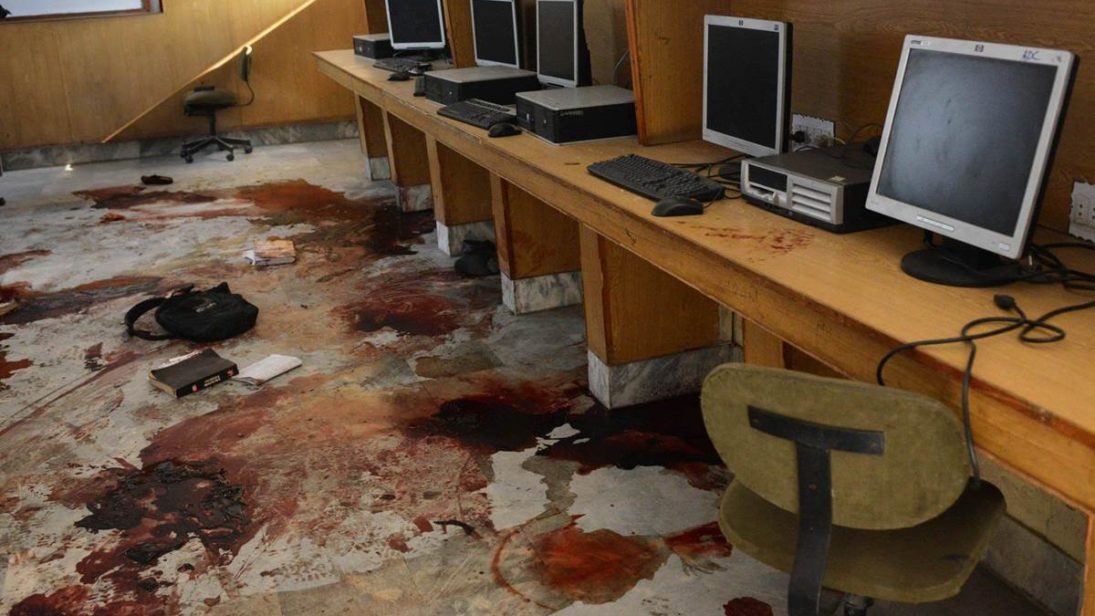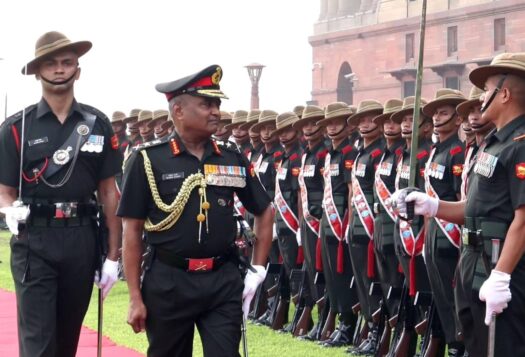
Pakistan’s fight against extremism is now 15 years old. Some teenagers, born into conflict, cannot even recall a time of peace. These children of anarchy are walking reminders of our failure to provide them with a safe and secure environment to grow, learn, and channel their youthful energies. Instead, our youth are lost, insecure, and without hope.
A key reason for this is that Pakistan has yet to sort out its demons, especially when it comes to fighting the ideas of extremism and violence. How can we build a counter-narrative to the discourse of extremism prevalent in our society? How is it possible that we as a nation of 200 million have failed to come up with a sufficient response to the gruesome violence we face?
Every expert on terrorism studies would stress the need for counter-narratives. Unfortunately, little attention is paid to the development and operation of alternate narratives to extremist messaging.
To understand the operational aspect of narratives, one has to see narratives as a reflection of power. Those who exert power tell the story the way they want it. Thus, it is the state which manufactures and popularizes the discourse. The power of the state to promote narratives is unmatched by non-state actors because state resources are enormous.
In the case of Pakistan, the state sets the discourse through state media, educational institutions, and even influencing the private media and social media. This is not unique to Pakistan. Even in democracies like the United States, the media is not completely free of influence from the government. The case of the Bush Administration’s impact upon the media to generate public support for launching the Iraq War is such an example in which the government influenced press coverage for its own ends.a
In Pakistan we already have a master narrative regarding terrorism. The narrative dwells on delegitimizing those extremist groups that are working against the state and wreak havoc on its people and security forces. It also covers groups like Al-Qaeda which hurt Pakistan as well as other countries. However, the discourse gets somewhat fuzzy when it comes to militant groups in Pakistan that primarily target other governments. This creates confusion on the question of legitimacy of extremist groups in the eyes of public.
The dominant militant discourse of terrorist groups in Pakistan is held together by certain common features such as violent ideologies of jihad, hatred of the West, conspiracy theories, and victimhood of Islam and Muslims. These frames overlap with elements of the master narrative. Specifically, Pakistan has used these themes to support the Mujahideen in Afghanistan against the Soviets and to support the Afghan Taliban currently, as well. The similar chord between militant discourse and the master narrative of the state only creates confusion among the public.
If the master narrative had completely debunked militant discourse, the de-legitimization of terrorists groups would have been easier. But since doing so would mean isolating other strategic ‘good Taliban’ as well, the state is reluctant to dismiss militants wholesale. The ambiguity of the master narrative gives room to the state to pursue its policies unhindered.
Indeed, Pakistan does not need a brand new counter narrative to terrorism. If the state follows its own constitution, penal code, and international commitments, there would be an automatic de-legitimization of all those non-state actors who harm the state.
In the majority of instances when the state decided to take action and securitize an issue, it did so by building the discourse to gain public legitimacy. We have seen that in the case of the Swat operation and Operation Zarb-e-Azb. The state mobilized the news and public agenda to justify force against terrorists. This proves that if state is serious about aggressively addressing the threat of terrorism and radicalism, it has the power to set the discourse and delegitimize violence. So far, there is reluctance on the part of the government to do so because of the distinction between good and bad extremists. Thus, narratives have an important role to play in Pakistan’s future. Researchers ought to further direct their attention to the current relationship between power and narratives to reshape the discourse in Pakistan to more effectively counter extremist ideology.
***
Image 1: A Majeed-AFP, Getty
Image 2: Arif Ali-AFP, Getty



